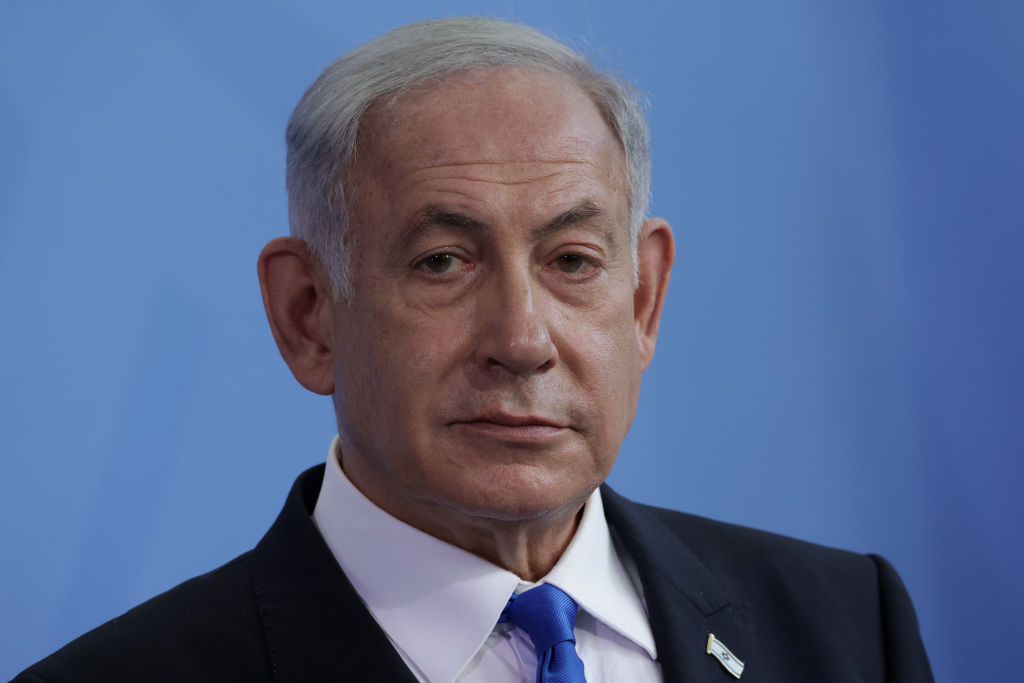Topline
A year after Hamas attacked Israel, prompting a counterattack on Gaza and a regional conflict that recently bled into Lebanon, the death toll continues to grow, but remains uncertain amid discrepancies in figures reported by the Hamas-run Gaza Health Ministry and logistical challenges in tracking the dead.
Key Facts
Nearly 42,000 people have been killed in Gaza since the start of the war on Oct. 7, 2023, according to the Health Ministry—the most commonly cited figure for the Gaza death toll.
The World Health Organization, United Nations and Israeli government accept the Hamas-run Gaza Health Ministry as the official authority for the death toll, though the figures have been heavily criticized by Israeli officials and researchers.
The Ministry calculates the death toll based on reporting from hospitals and morgues, media sources, first responders and reports from families whose loved ones have been killed, according to a study by the peer-reviewed medical journal, The Lancet.
Why Is The Death Toll So Difficult To Track?
The Gaza Health Ministry has struggled to maintain accurate tallies due to the destruction of data-keeping technology and infrastructure in the war, according to analysis published by The Lancet, which noted an estimated 10,000 victims are likely still buried in the rubble of destroyed buildings. Some of the dead also go uncounted because “what we’ve seen in Gaza is entire families just being wiped out,” so there is no one to report them dead, Emily Tripp, the director of Airwars, a watchdog group that tracks war casualties, told Nature.
Loading...
Is The Death Toll Over- Or Under-Estimated?
The non-governmental organization, Airwars, has also determined the death toll is likely underestimated after finding some victims’ names are missing from the list released by the Ministry. Some experts, including Israel-based independent researcher Mark Zlochin, believe the death toll is overcounted because it likely includes people who are missing, but not dead, he told the scientific journal Nature.
Why Have Israelis Questioned The Death Toll?
The Ministry updated its breakdown of the fatalities in May to clarify that approximately 25,000 of the 35,000 reported dead at the time were “people who have been fully identified.” The Ministry revised its count of women and children estimated to be dead to about 60% of all reported fatalities, down from a previous estimate of about 70%, sparking allegations of inaccuracies from Israeli officials. The World Health Organization, however, expressed confidence in the new tally amid the dispute, noting that it’s a “step forward” that 25,000 bodies have been identified, World Health Organization spokesperson Christian Lindmeier said during a press briefing at the time that it’s “normal” for death tolls to shift in conflict.
How Often Is The Death Toll Updated?
Nearly every day. The death toll doesn’t distinguish between civilians and combatants. The death toll includes nearly 16,756 children and more than 10,000 people who are missing.
How Many People Have Been Injured In Gaza Since The Start Of The War?
More than 97,000, according to the Gaza Health Ministry.
How Many People Have Been Killed And Injured In Israel?
1,139 have been killed and at least 8,730 have been injured, as of Sunday, according to Israeli officials.
How Many Have Been Killed In The Occupied West Bank?
At least 742 people, according to the Gaza Health Ministry, and more than 6,250 have been injured.
Key Background
Hamas invaded Israel in a surprise land, sea and air attack launched from the Gaza Strip in what was the deadliest day in Israeli history, and for Jews since the Holocaust, following decades of conflict between Israelis and Palestinians. Hamas militants took more than 240 people hostage; 154 of whom have been freed or rescued, with 97 remaining in Gaza, including 33 believed to be dead. Israel declared a state of war the day after the attack and launched air strikes, followed by a ground invasion, on Gaza. The Israeli invasion has spawned a humanitarian crisis as the dismantling of critical infrastructure and the Israeli occupation has blocked routes into Gaza, restricting the flow of aid. The outpouring of international support for Israel has dwindled since the start of the war as a broad coalition of its allies, including the U.S., have called for a cease-fire. The war has since expanded to Lebanon as tensions between Hezbollah and Israel reached a tipping point in July when a rocket attack Israel says Hezbollah carried out killed 12 children playing soccer in the Golan Heights region. Israel has retaliated with air strikes followed by a ground invasion, killing Hezbollah’s’ longtime leader and other top officials, and Hezbollah has vowed its strikes will continue unless there’s a cease-fire in Gaza.
Big Number
56%. That’s the share of Israelis who want to see an end to the war if all hostages are returned, according to a July poll by the Israel Democracy Institute.
Loading...
